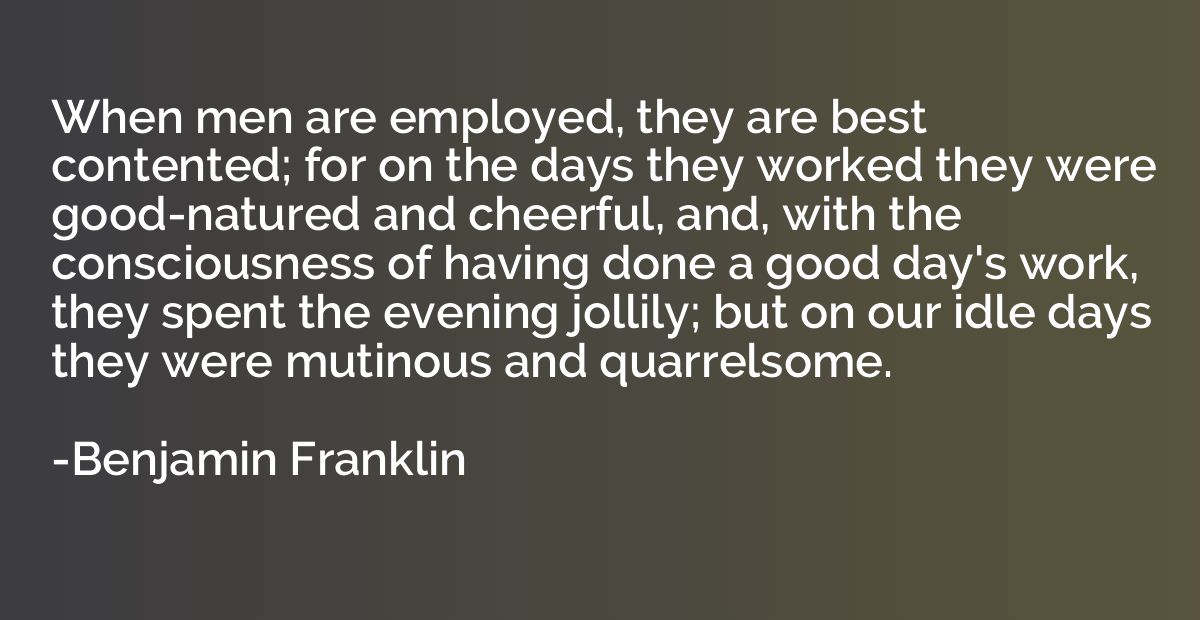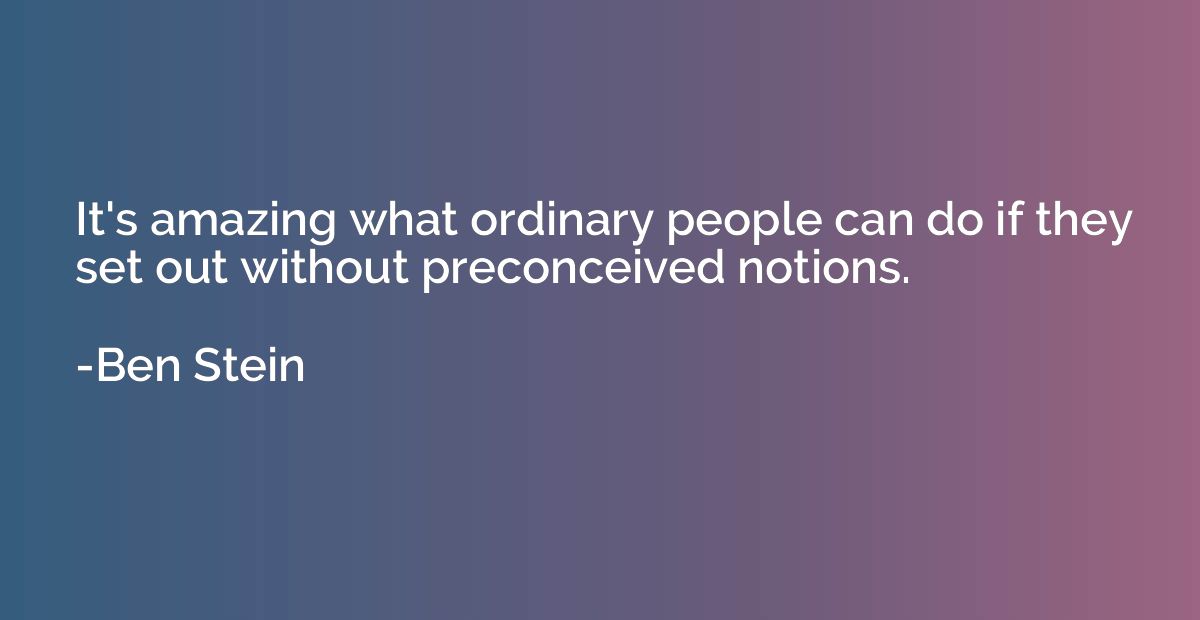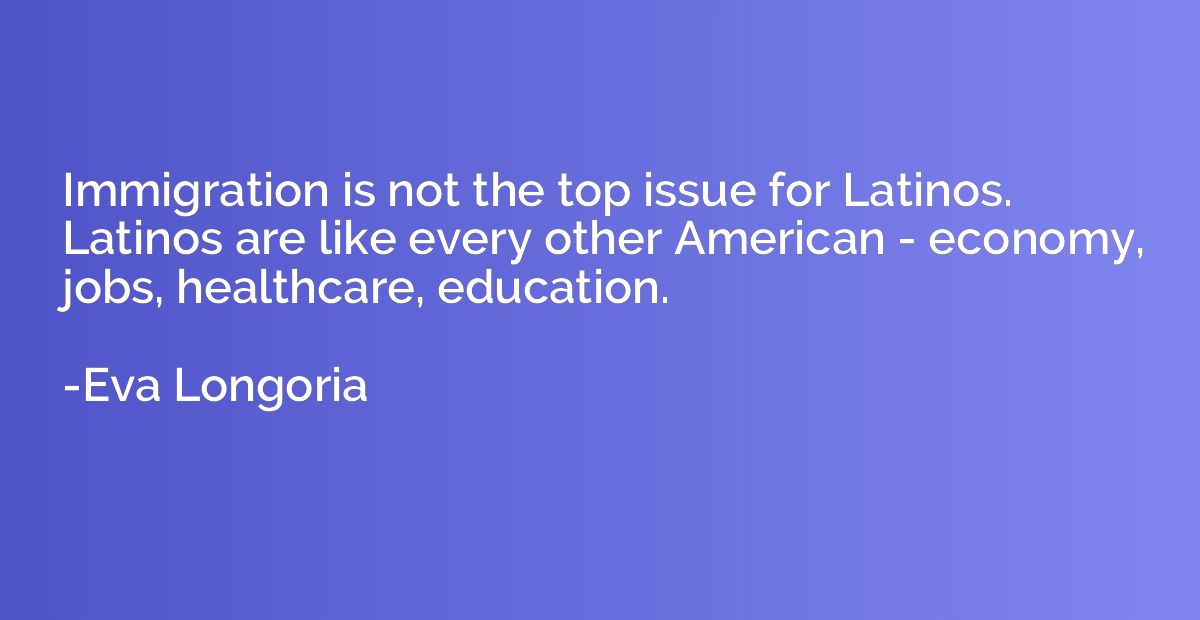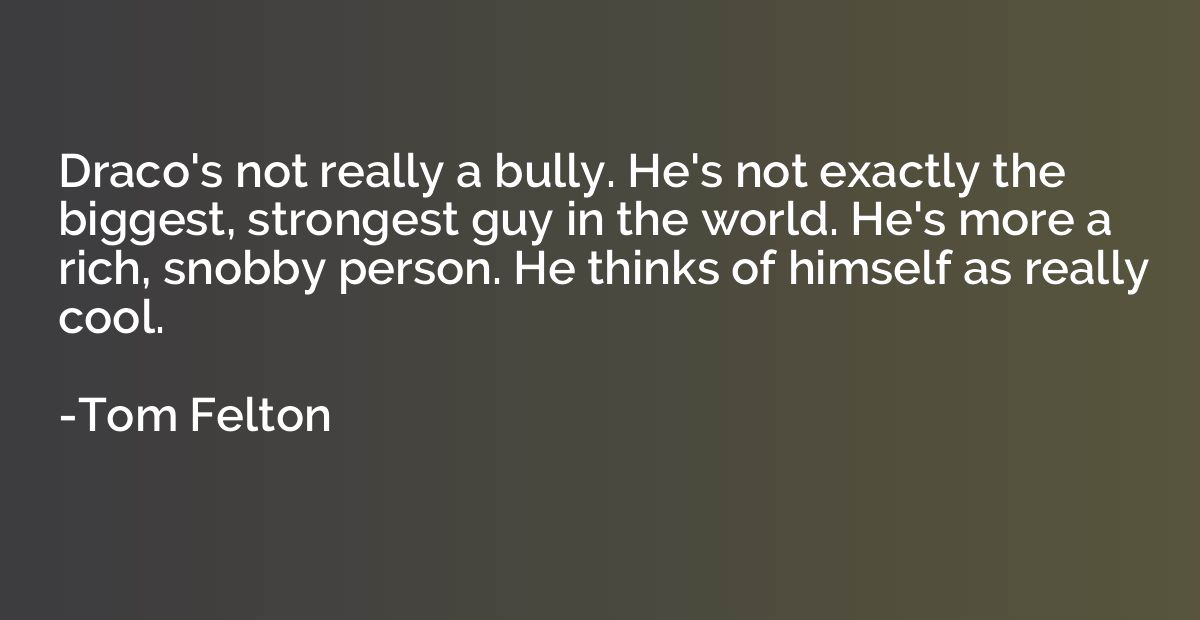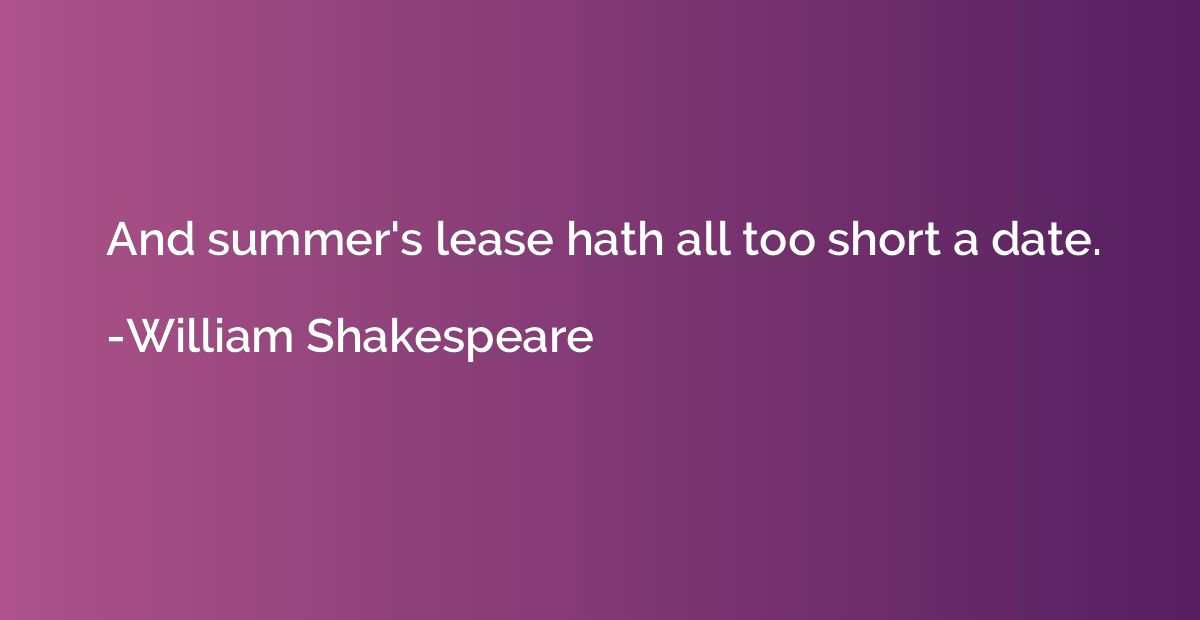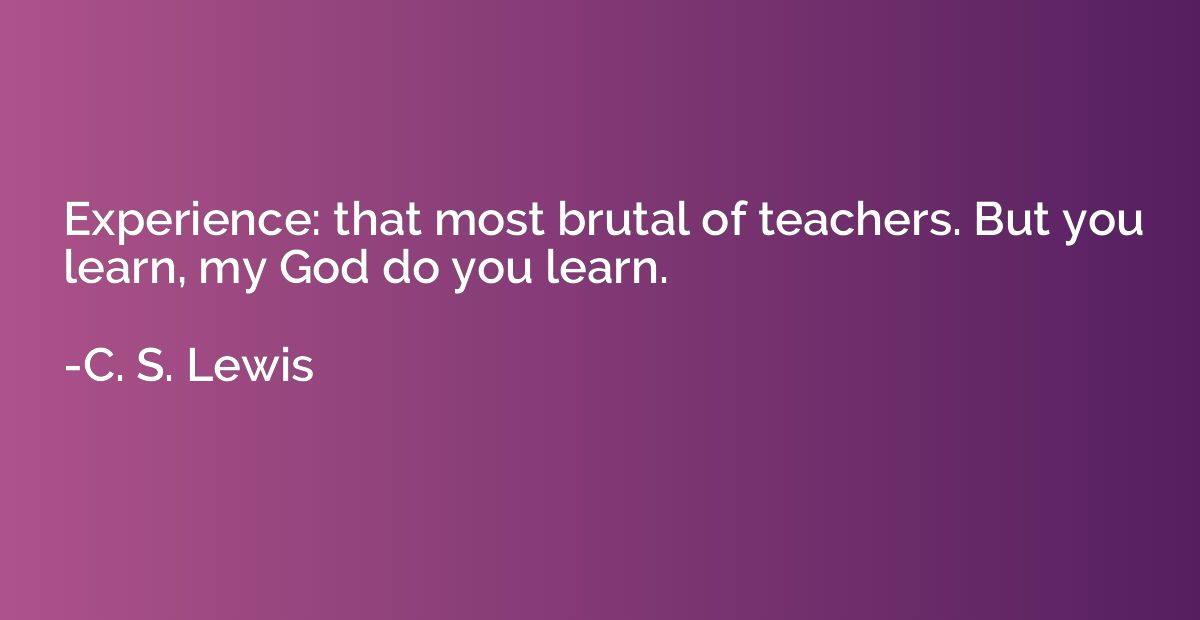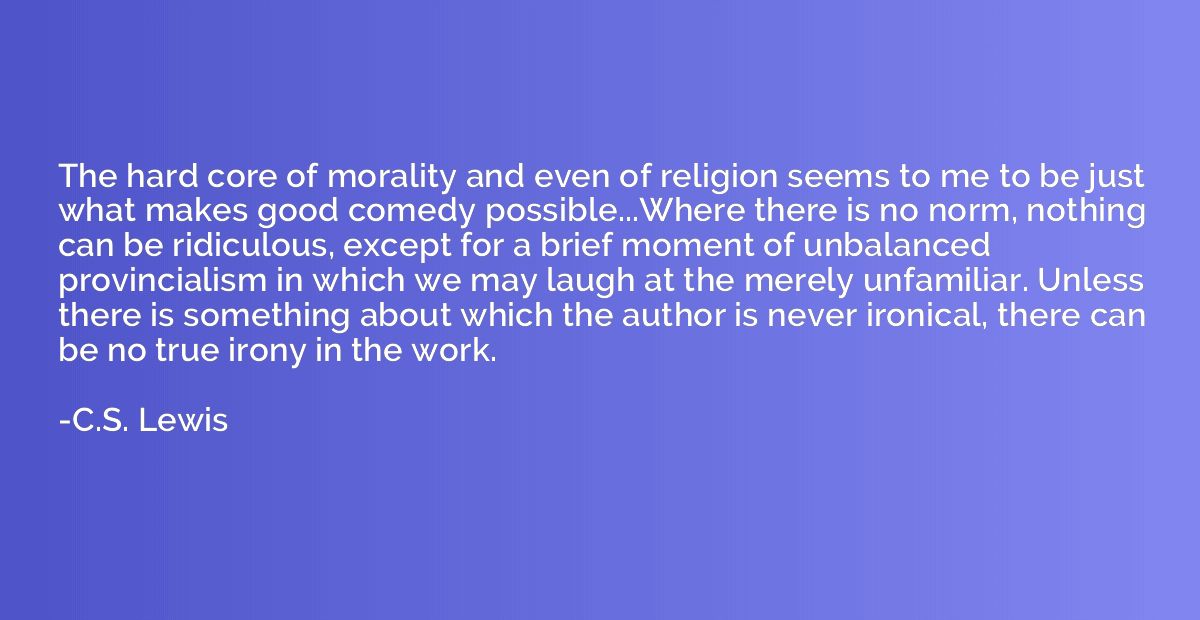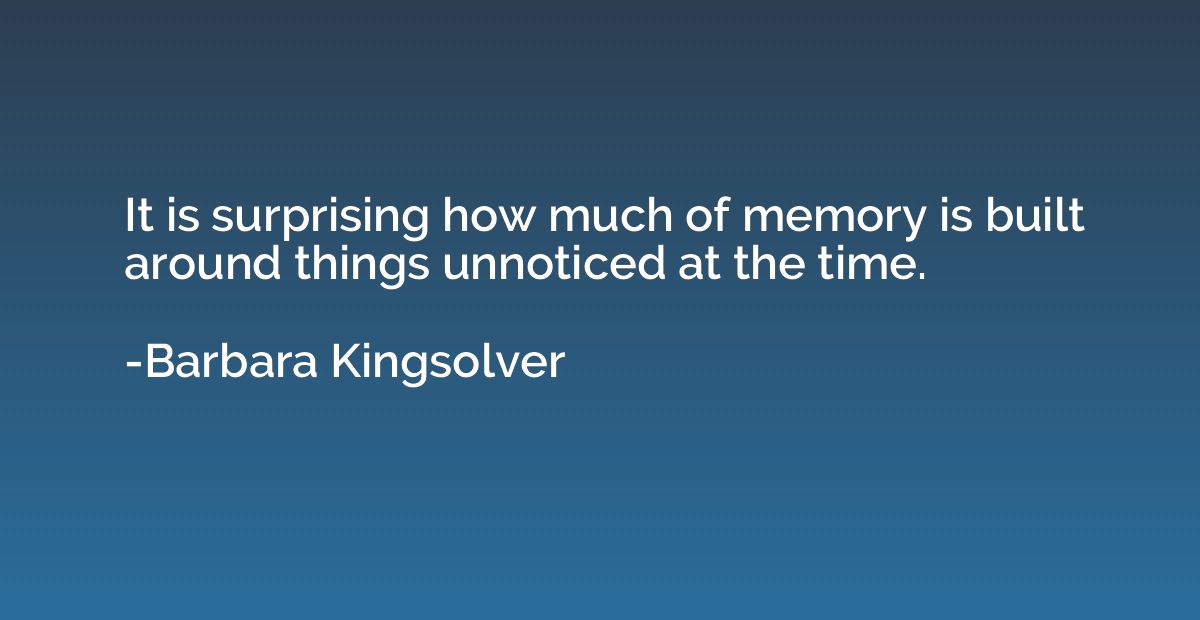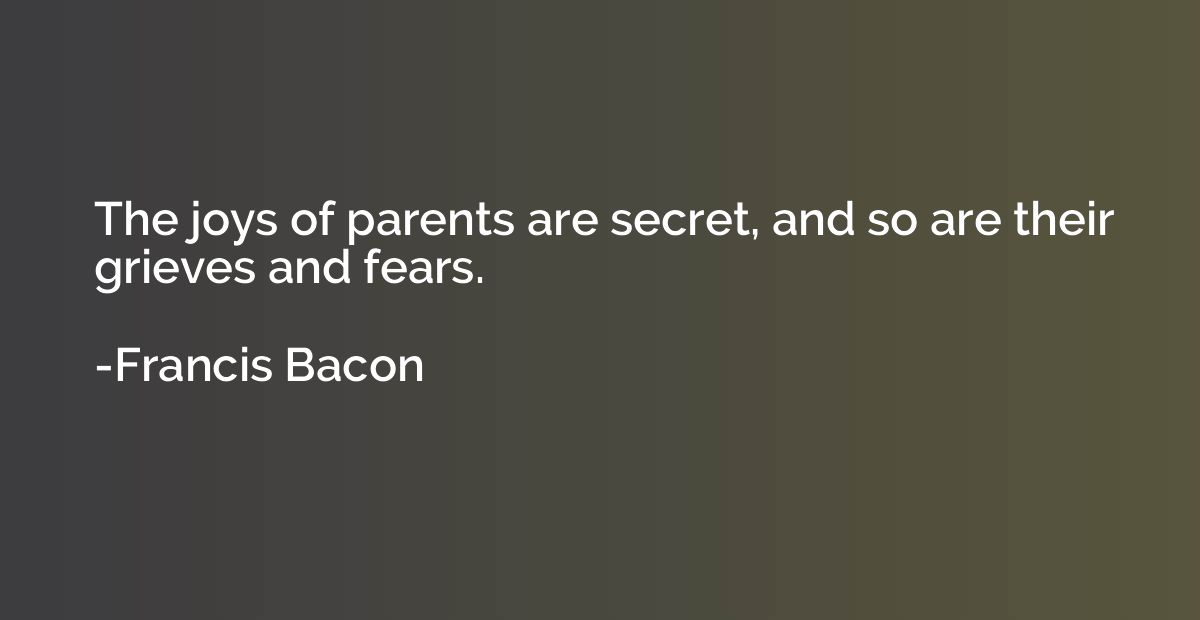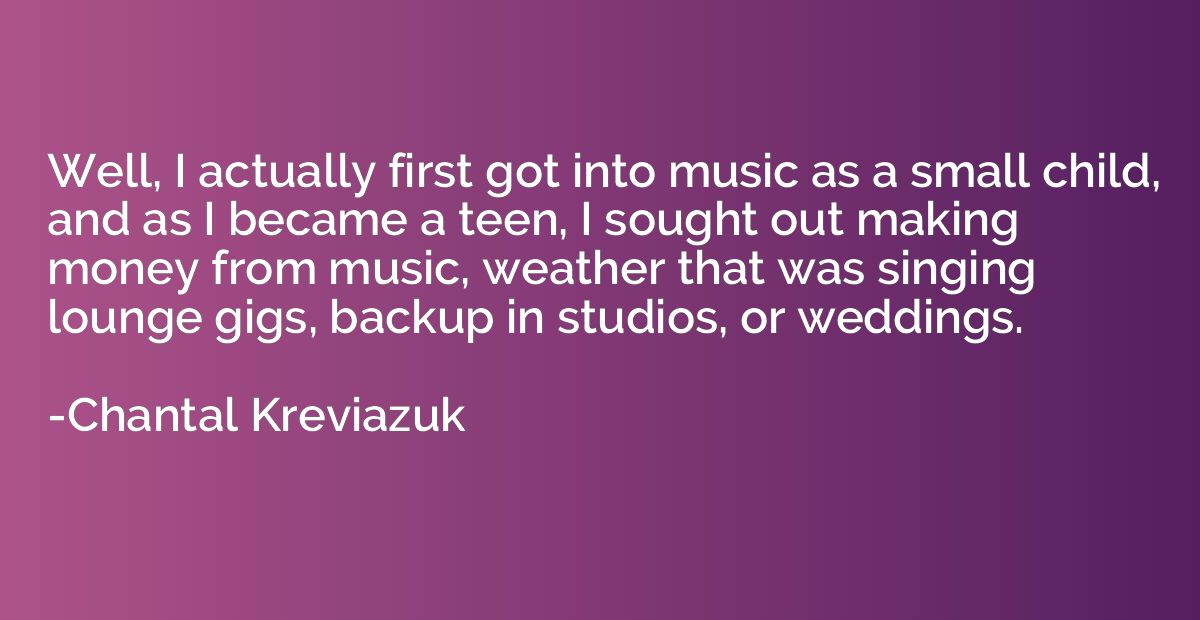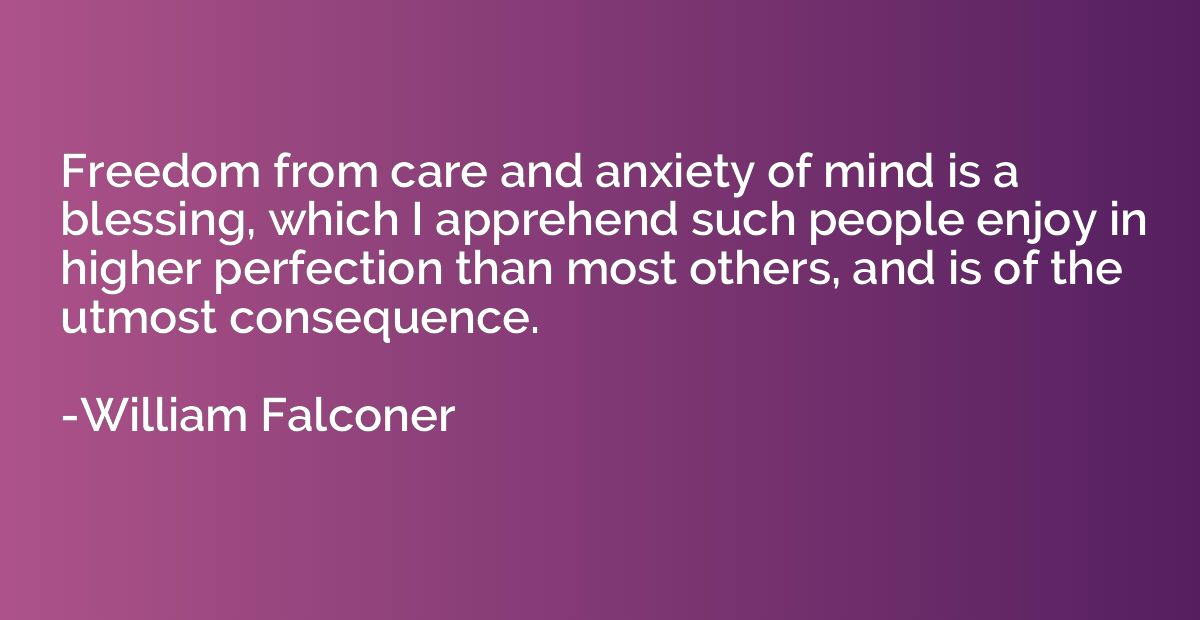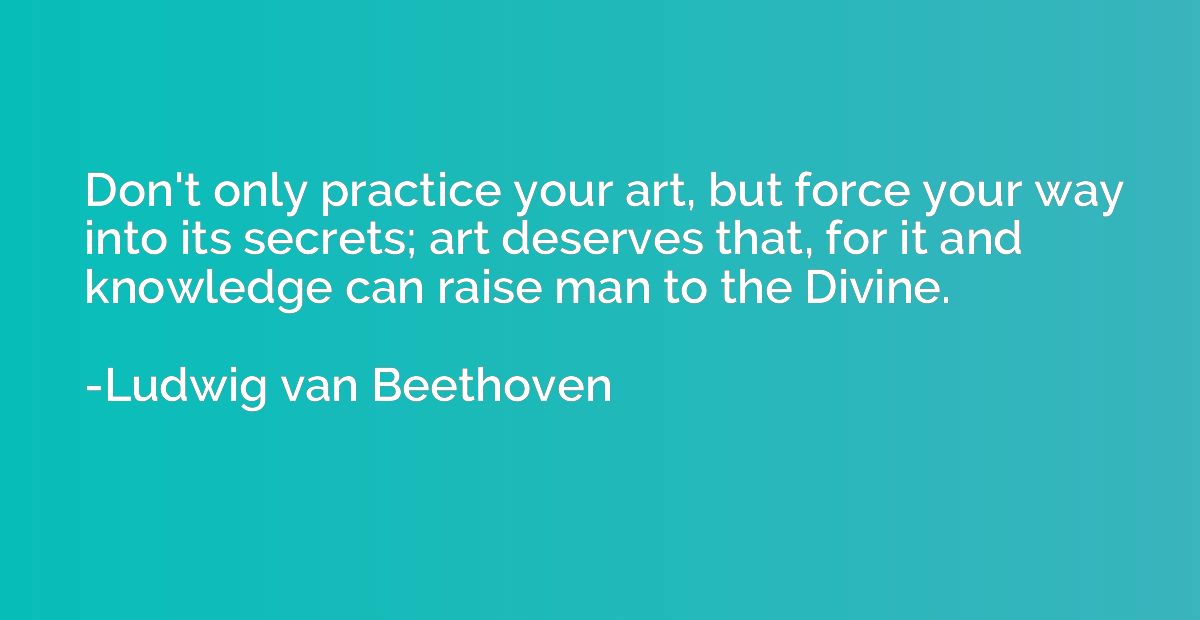Quote by A. E. Housman
There, like the wind through woods in riot, Through him the gale of life blew high; The tree of man was never quiet: Then 'twas the Roman, now 'tis I.
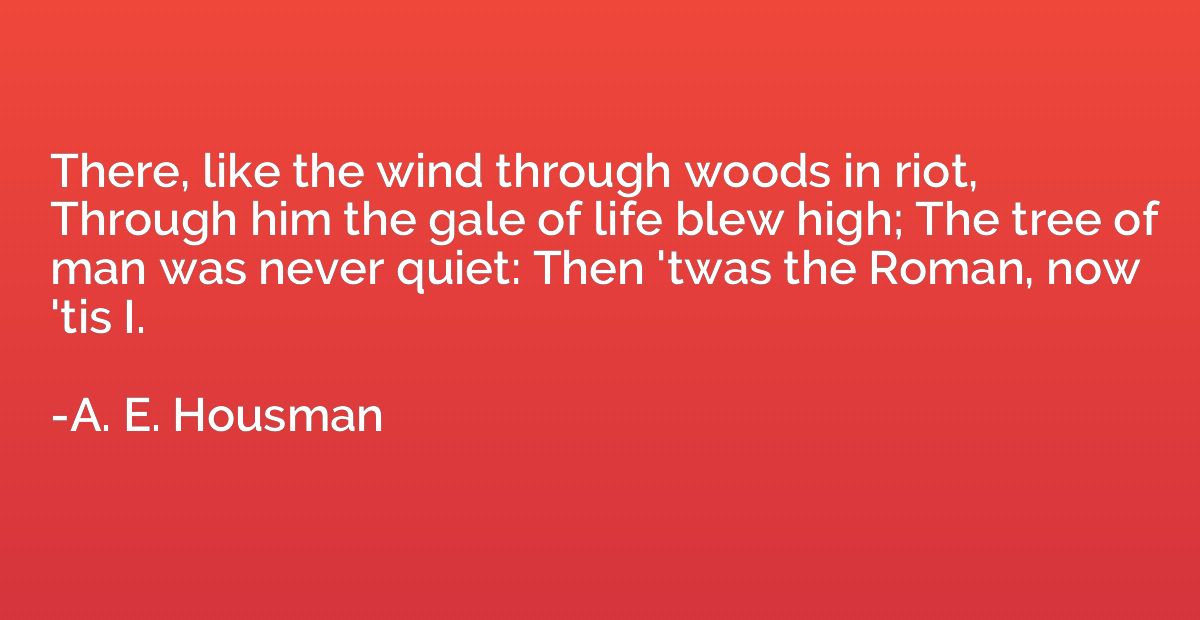
Summary
This quote speaks to the transitory nature of power and influence. It suggests that throughout history, individuals have experienced moments of great vitality and significance, akin to the wild wind blowing through a forest. The tree of humanity has always been in a state of unrest, with power shifting from one dominant figure, such as the Romans, to another, like the speaker. The quote hints at the cyclical nature of human history, where new forces rise and replace the old, reminding us of the impermanence of our own positions and the passing of time.



